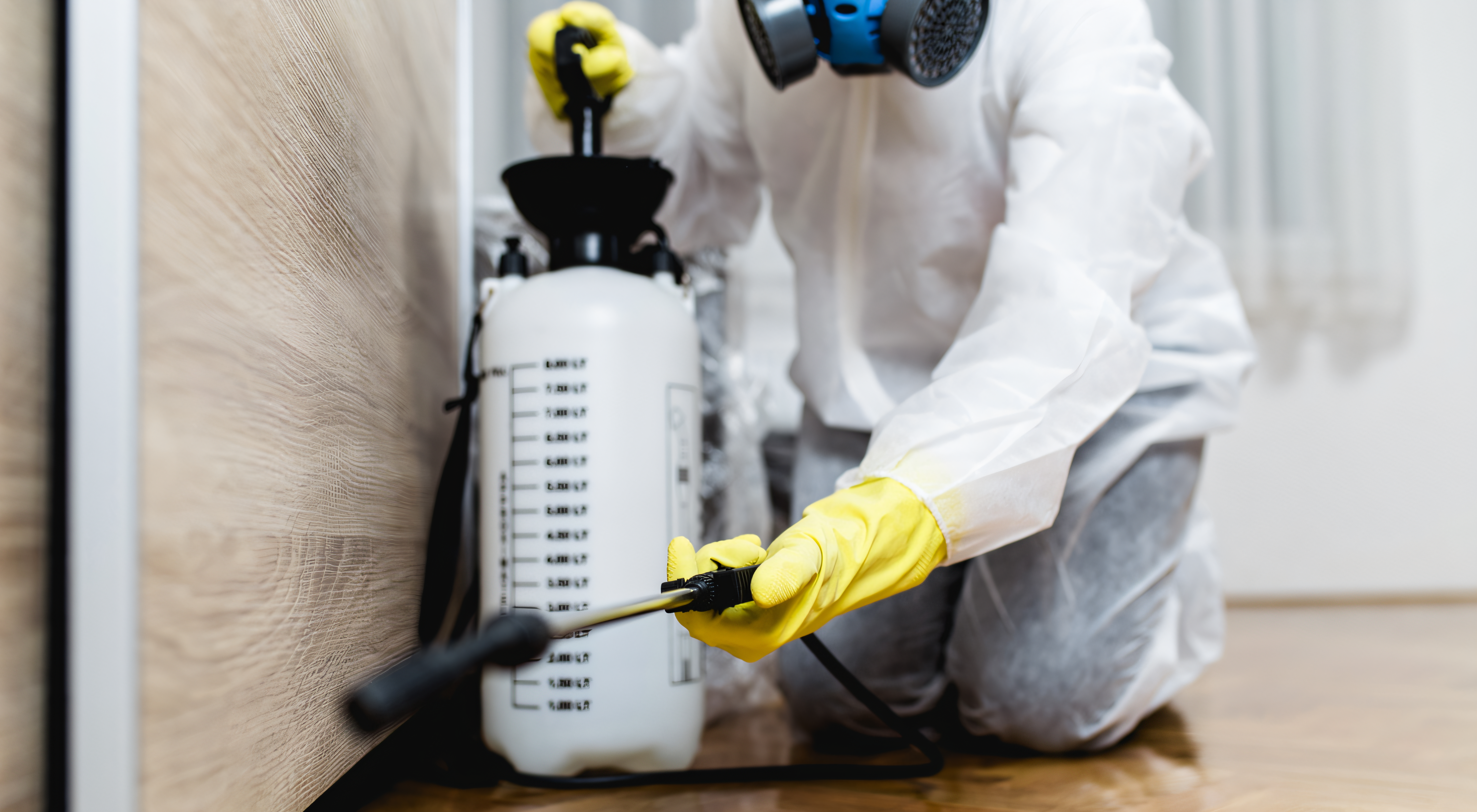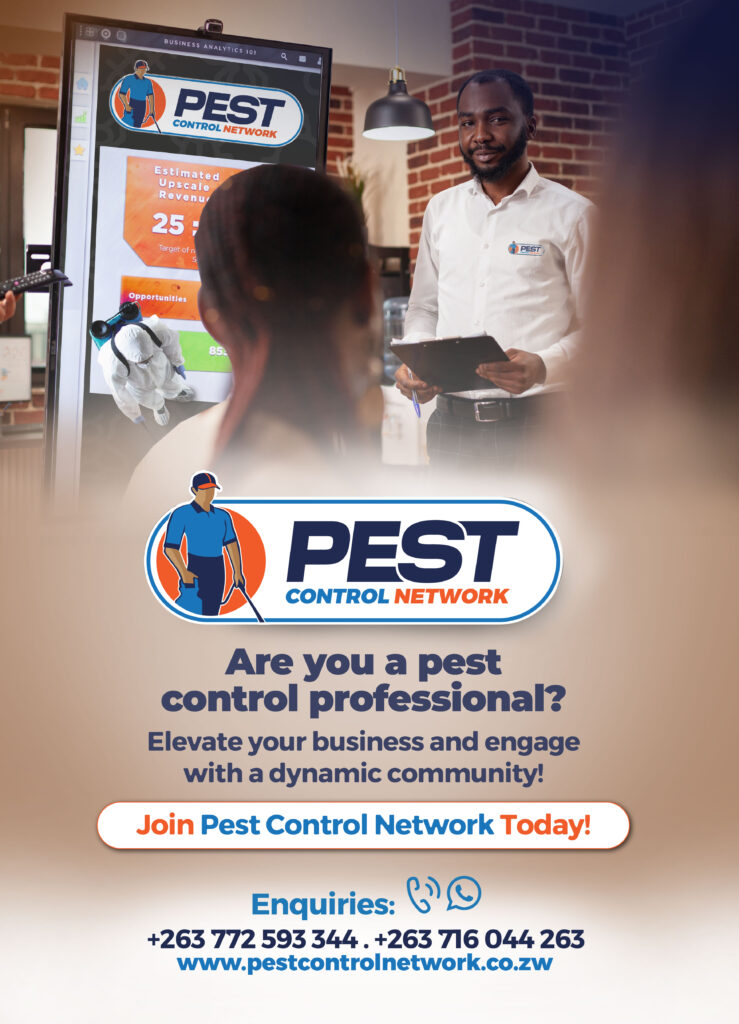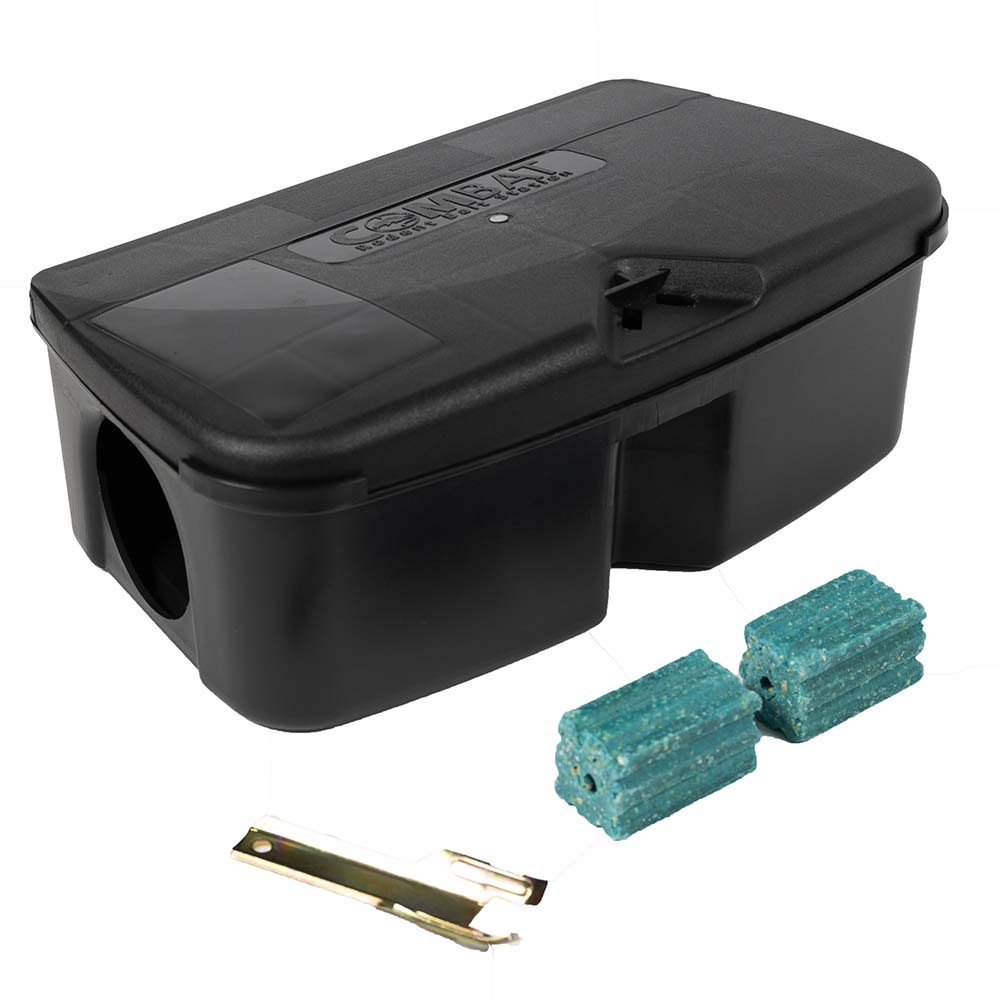The Qualities of a Top-Notch Pest Control Technician: A Guide for Companies and Consumers in Zimbabwe
The pest control industry is vital for public health and property protection in Zimbabwe. However, the quality of service can vary drastically depending on the technician’s skill and knowledge. Choosing the right pest control company, and understanding the qualities that define a truly excellent technician, is crucial for effective and safe pest management. This post delves deep into the essential characteristics of a top-tier pest control technician, offering valuable insights for both pest control companies seeking to improve their workforce and consumers looking for reliable service in Zimbabwe.
I. Foundational Knowledge and Skills:
A truly exceptional pest control technician possesses a robust foundation in entomology (the study of insects) and related fields. This isn’t just about knowing what a cockroach looks like; it’s about understanding their lifecycle, behavior, and vulnerabilities. Key aspects include:
Pest Identification:
Accurate identification is paramount. Misidentification can lead to ineffective treatments and potentially exacerbate the problem. A skilled technician can differentiate between various species of pests, recognizing subtle differences that indicate their habits and the best control methods. This includes recognizing different life stages (egg, larva, pupa, adult) and differentiating between similar-looking species.
Understanding Pest Biology and Behavior:
Effective pest control goes beyond simply spraying insecticide. It involves understanding how pests live, reproduce, and interact with their environment. This knowledge informs the choice of control methods, targeting vulnerable points in the pest’s life cycle.
Knowledge of Integrated Pest Management (IPM):
IPM is a holistic approach that prioritizes preventative measures and minimizes the use of pesticides. A skilled technician understands IPM principles, employing less toxic methods like sanitation, exclusion, and biological controls before resorting to chemical treatments.
Proficiency in Various Control Methods:
This encompasses a range of techniques, including:
Chemical Control: Safe and effective application of insecticides, rodenticides, and other pesticides, adhering strictly to label instructions and safety regulations. This includes understanding different pesticide classes, their modes of action, and their environmental impact.
Mechanical Control: Using traps, bait stations, and other physical methods to control pests.
Biological Control: Employing natural predators or pathogens to control pest populations.
Cultural Control: Modifying the environment to make it less hospitable to pests, such as improving sanitation and eliminating harborages.
Knowledge of Relevant Regulations and Safety Procedures in Zimbabwe:
Pest control involves handling potentially hazardous materials. A competent technician is well-versed in all relevant regulations regarding pesticide application, storage, and disposal. They prioritize safety for themselves, their clients, and the environment.
II. Critical Soft Skills and Professionalism:
Technical expertise alone isn’t sufficient. Excellent pest control technicians possess a range of soft skills that enhance their effectiveness and build client trust:
Communication Skills: Clearly explaining the situation, the proposed treatment plan, and potential risks and benefits to clients is crucial. They should actively listen to client concerns and answer questions thoroughly and patiently.
Problem-Solving Skills: Pest infestations often present complex challenges. A skilled technician can assess the situation, identify the root cause of the problem, and develop a customized solution. This involves critical thinking, adaptability, and the ability to troubleshoot unexpected issues.
Time Management and Organization: Efficiently managing time and resources is essential for completing jobs on schedule and within budget. Proper organization ensures that all necessary equipment and materials are available and used effectively.
Attention to Detail: Thorough inspections and meticulous application of treatments are essential for effective pest control. Overlooking even minor details can compromise the effectiveness of the treatment.
Professionalism and Courtesy: Maintaining a professional demeanor, being punctual, respectful, and courteous are essential for building strong client relationships. This includes respecting client property and leaving the work area clean and tidy.
Customer Service Orientation: A strong focus on customer satisfaction is vital. This involves actively listening to client concerns, promptly addressing any issues, and providing follow-up service as needed.
III. Tips for Pest Control Companies in Zimbabwe:
Investing in your technicians is an investment in your business. Here’s how companies can cultivate a team of top-notch professionals:
Invest in Comprehensive Training: Provide ongoing training on new techniques, pest identification, pesticide safety, and customer service. Encourage participation in industry certifications and continuing education programs.
Develop Clear Protocols and Standard Operating Procedures (SOPs): Standardized procedures ensure consistency in service quality and safety.
Implement a Robust Quality Control System: Regularly monitor technician performance, conduct field audits, and solicit client feedback to identify areas for improvement.
Provide Access to Up-to-Date Technology and Equipment: Equip your technicians with the latest tools and technology to enhance their efficiency and effectiveness.
Foster a Culture of Safety and Compliance: Prioritize safety training and ensure strict adherence to all relevant regulations. This includes proper use of personal protective equipment (PPE) and safe handling and disposal of pesticides.
Offer Competitive Compensation and Benefits: Attracting and retaining skilled technicians requires offering competitive salaries, benefits, and opportunities for professional development.
Encourage Teamwork and Collaboration: Foster a collaborative work environment where technicians can share knowledge and support each other.
By focusing on these qualities and implementing effective training and management practices, pest control companies can build a team of highly skilled and professional technicians who deliver exceptional service to their clients. Consumers, in turn, can make informed decisions by looking for companies that prioritize these qualities, ensuring effective and safe pest management for their homes and businesses.





